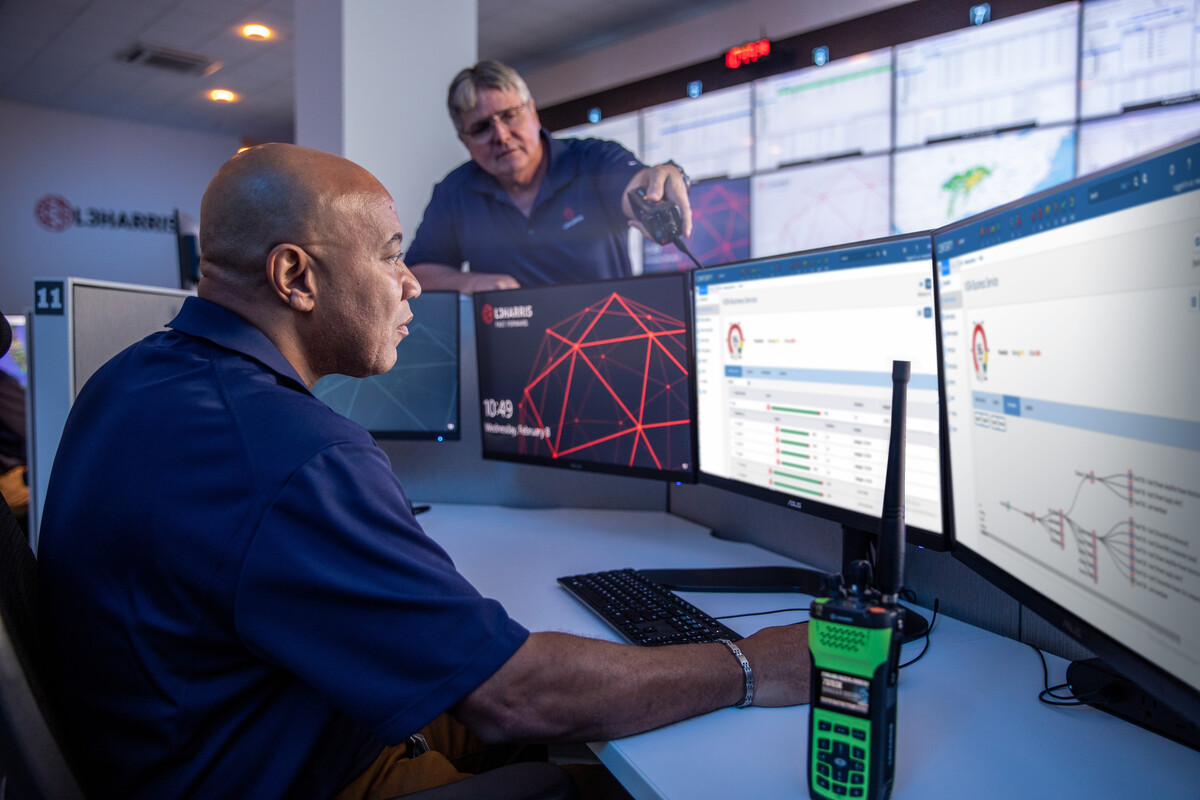sponsor content What's this?
Technology
Modernizing Public Safety Communications in Pennsylvania: A Call to Action for Robust Infrastructure Investment

L3Harris Technologies, Inc.


In recent times, the critical importance of robust and reliable public safety communication systems has become increasingly evident. Thanks to the lasting impact of COVID-19, there has been a pressing need for Pennsylvania legislators to fund enhanced public safety communications infrastructure across the state, with a specific focus on police, fire and emergency services.
The pandemic has forever altered various aspects of life in Pennsylvania. While the state leadership has adapted and persevered, challenges persist, particularly in the realm of electronic components and technology procurement. Logistical and supply chain disruptions during the pandemic hindered the production of crucial hardware components, such as GPS components and graphics processors for public safety-related equipment. The resulting high demand led to inflated prices, hindering public safety agencies from acquiring the latest technology for their critical missions.
Public safety agencies across Pennsylvania have faced staffing and budgetary challenges since the onset of the pandemic almost four years ago. Large infrastructure projects were frozen, with essential funding redirected to address immediate needs. Consequently, county governments have grappled with maintaining their public safety mission-critical communications, which are vital for efficient government operations, leaving counties with outdated communications systems that can all too easily have a negative impact on the efficiency of essential services.
Today's technology demands a hybrid approach, incorporating advanced Mission Critical Push-To-Talk (MCPTT) technology. However, the financial challenges faced by public safety agencies hinder their ability to adopt these modern communications solutions. Interoperability among different emergency services’ communications systems is a significant challenge to many Pennsylvania counties. The lack of seamless coordination between police, fire and emergency services compromises quick and effective responses in crisis situations.
The APCO standard P25, developed post-9/11, aims to address interoperability issues by setting standards for land mobile radio (LMR) systems, ensuring critical communications exchange across agencies and jurisdictions. Counties in Pennsylvania must adhere to the P25 standard to foster interoperability and create competitive procurement opportunities, allowing them to acquire the best technology at market prices.

Enhancing communication systems enables seamless coordination among various public safety agencies, fostering more effective collaborative efforts during emergencies. The adoption of advanced features such as GPS, broadband LTE, WiFi and Bluetooth in multi-band radios contributes to improved interoperability. B. Moyer Radio Communications and L3Harris Technologies each play a pivotal role in providing solutions that elevate coordination and communication across diverse public safety agencies. An example of this is the Pennsylvania Turnpike’s integration of innovative technology through L3Harris Technologies, Inc.’s BeOn System, supported by B. Moyer Radio Communications. This integration extends secure communications capabilities across devices and networks, crucial for sustaining aging mission-critical communications systems for police, fire, EMS and public works operations in the state.
The Pennsylvania Turnpike, a vital component of the state’s infrastructure, necessitates significant, regular communications investments ranging from $10 million to $100 million, depending on the systems. As an authorized dealer of L3Harris Technologies, Inc., B. Moyer Radio Communications facilitates the deployment of advanced communications systems, including the LTE L3Harris Technologies BeOn system on the Pennsylvania Turnpike. This technology provides secure, reliable communication interoperability between traditional radio terminals and smartphones, enhancing connectivity in challenging situations.
Modernizing communications infrastructure also involves addressing cybersecurity vulnerabilities. Securing communication channels is crucial to protect sensitive information and prevent potential threats. L3Harris Technologies, Inc. provides cutting-edge, military-grade communications technology, ensuring secure and encrypted transmissions that specifically address the cybersecurity concerns raised by public safety agencies.
Investing in advanced communications systems directly contributes to the safety and well-being of communities. Improved emergency response capabilities create a ripple effect, fostering a safer living environment for all Pennsylvanians. Volunteers in remote areas of Pennsylvania, supported by the advanced technology provided by B. Moyer Radio Communications and L3Harris Technologies, have highlighted the challenges they face due to uncertain radio signal reliability.
Rural counties face additional challenges due to geographical factors, requiring adequate funding to ensure reliable communications infrastructure. Partnerships with companies like ATT FirstNet can extend public safety prioritized network services to remote areas, addressing coverage gaps. B. Moyer Radio Communications and L3Harris Technologies contribute to these efforts by providing tailored solutions for rural areas in Pennsylvania.
As Pennsylvania navigates the evolving landscape of public safety, prioritizing funding for counties to upgrade their communications infrastructure is a crucial step in the process. The interconnected nature of emergency services demands a comprehensive approach to address challenges and enhance the effectiveness of public safety efforts. Legislators must recognize the urgency of this matter and allocate resources to ensure that communities in the Commonwealth of Pennsylvania, with the support of industry leaders like B. Moyer Radio Communications and L3Harris Technologies, are equipped with state-of-the-art public safety communications networks, safeguarding residents in times of need.
